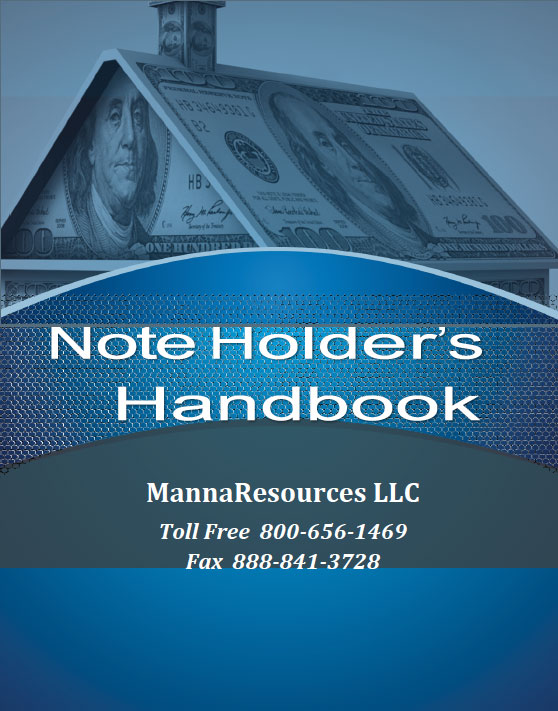OFFERING THE FOLLOWING FUNDING RESOURCES:
What is Pre-Settlement Lawsuit Funding?
If you are a plaintiff in a pending lawsuit that hasn’t settled yet, you may be eligible to receive a pre-settlement lawsuit funding advance. This funding advance can be used to pay your ongoing monthly bills and expenses, while you are waiting for your case to be settled. To be eligible for a pre-settlement lawsuit funding advance, your lawsuit must have a value of $20,000 or more. Any fees and the funding advance itself are not due until the case settles. There are no monthly payments or out-of-pocket expenses. The funding advance and fees are paid from the proceeds of your lawsuit settlement. Fee amounts vary and are based on the risk, length of time to case completion, case complexity and amount of advanced funds. If you have more questions regarding Pre-Settlement Lawsuit Funding, click here for our Pre-Settlement Lawsuit Funding Frequently Asked Questions.
What is Law Firm Funding?
Over the course of a normal year, law firms can experience varying levels of uneven cash flow. Law firm funding helps provide operating capital to fill in those gaps of fluctuating cash flow. Law firm funding can only be used for any business-related expenses such as rent, staff salaries, marketing, new equipment purchases, office expenses, etc. Your law firm can also use the funding to hire expert witnesses, pay various pre-trial discovery expenses, etc., so that you can build stronger cases for your clients. This helps alleviate the pressure of being rushed into accepting an unfair settlement due to cash flow constraints. Underwriters will review the nature and potential of the law firm’s portfolio of cases used as collateral for the law firm funding. As the cases are settled or won in court, the funding advance and fees are paid back. There are no monthly payments or out-of-pocket expenses required for our non-recourse funding. Fee amounts vary and are based on the risk of cases used as collateral and the amount of advanced funds. The cases used as collateral should have fees to the attorney that are five times the funding amount advanced to the law firm. If the funding amount advanced to the law firm was $200,000 for example, then the underwriter wants to see cases where the fees combined, add up to $1,000,000 or more. If you have more questions regarding Law Firm Funding, click here for our Law Firm Funding Frequently Asked Questions.
What is Business Note Funding?
Some business owners decide to sell their businesses using seller carry back financing. They receive a down payment from a business buyer and agree to carry back the financing themselves for the remaining balance. For example, a buyer puts down 30%, and the seller agrees to finance the 70% balance. The business seller creates a business note, whereby the business buyer agrees to pay back the remaining 70% balance in monthly payments at an agreed upon interest rate and term (period of years). This is called seller carry back financing. Sometimes it is also referred to as business owner financing. Some business sellers find it to their advantage to offer this type of financing. This exposes the sale of their business to a broader pool of potential business buyers. These business buyers may have cash for a down payment, but not enough cash for the full outright purchase of the business. After the business note transaction is completed, the business seller starts receiving monthly business note payments from the business buyer. At some point in the future, the business seller may decide that they need money for a new business venture, a grandchild’s college education, etc. To raise this needed money, the business seller can obtain a type of funding known as Business Note Funding. This specialized funding is accomplished by selling either a portion or all of the remaining payments the business seller is receiving from their seller carry back business note. If the business note investor purchases a portion of the remaining payments, it is called a Partial Purchase, or all remaining payments, a Full Purchase. If you have more questions regarding Business Note Funding, click here for our Business Note Funding Frequently Asked Questions.
What is Real Estate Note Funding?
Some property sellers decide to sell their properties using seller carry back financing. They receive a down payment from a property buyer and agree to carry back the financing themselves for the remaining balance. For example, a buyer puts down 20%, and the seller agrees to finance the 80% balance. The property seller creates a real estate note, whereby the property buyer agrees to pay back the remaining 80% balance in monthly payments at an agreed upon interest rate and term (period of years). This is called seller carry back financing. Sometimes it is also referred to as owner/seller will carry financing, owner carry back financing, owner/seller financing, etc. The seller is essentially agreeing to become the lender for the buyer of the property. After the real estate note transaction is completed, the property seller starts receiving monthly real estate note payments from the property buyer. At some point in the future, the property seller may decide that they need money for an investment opportunity, an unexpected medical bill, etc. To raise this needed money, the property seller can obtain a type of funding known as Real Estate Note Funding. This specialized funding is accomplished by selling either a portion or all of the remaining payments the property seller is receiving from their seller carry back real estate note. If the real estate note investor purchases a portion of the remaining payments, it is called a Partial Purchase, or all remaining payments, a Full Purchase. If you have more questions regarding Real Estate Note Funding, click here for our Real Estate Note Funding Frequently Asked Questions.




